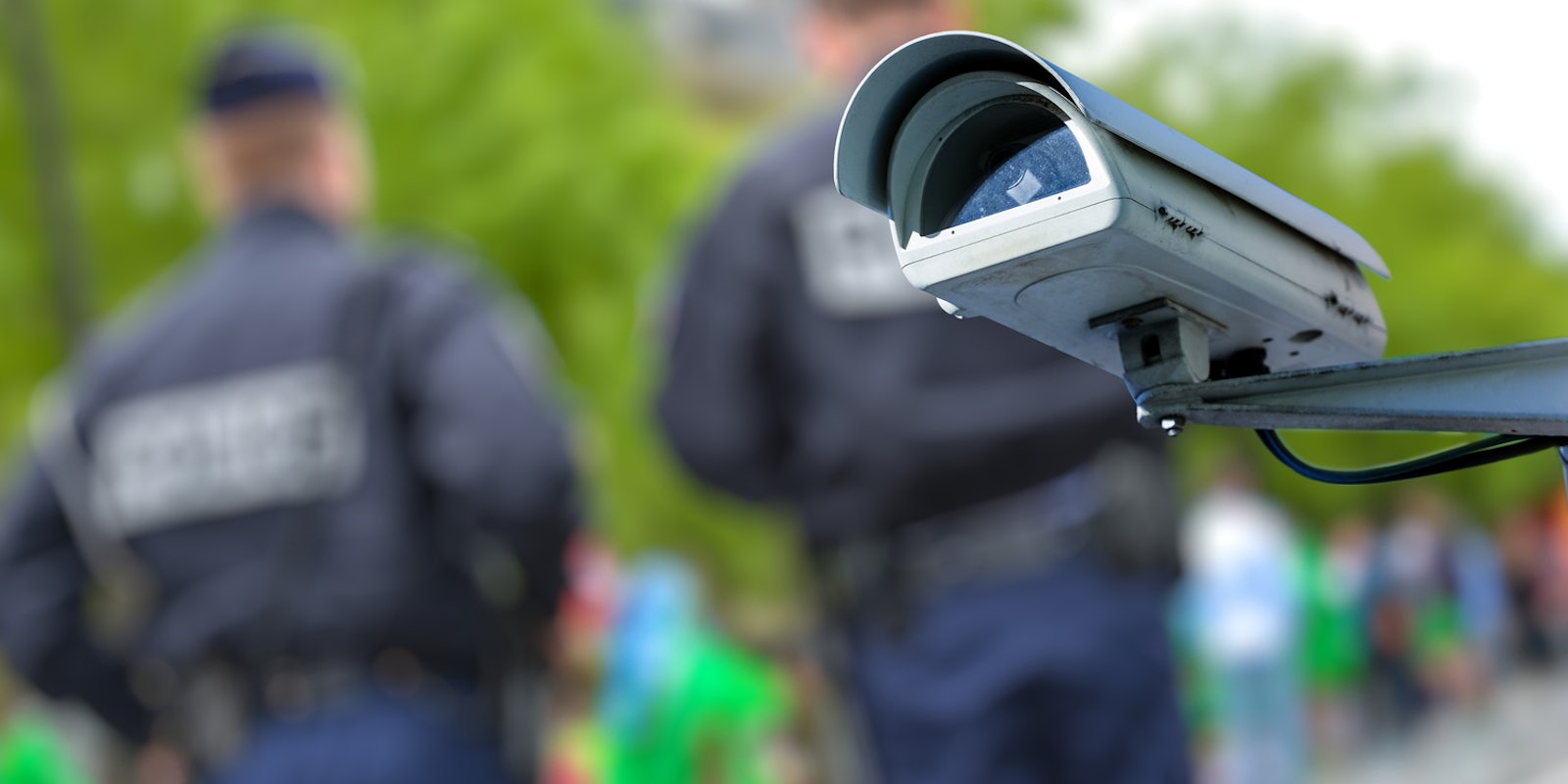Tech giant Amazon said this week that its facial recognition technology can now detect fear.
In a blog post Monday, Amazon outlined several new “accuracy and functionality improvements” to Rekognition, its facial recognition software.
Amazon says that “Fear” has been added to the company’s list of detectable emotions alongside “Happy, Sad, Angry, Surprised, Disgusted, Calm, and Confused.” The tool’s overall ability to detect age range, gender, and emotion have been improved as well.
The new update comes amid growing scrutiny over facial recognition technology and concerns over its accuracy. Just one day after Amazon’s announcement, the ACLU stated that a test of Rekognition mistook 1 in 5 California lawmakers for criminals.
“About 1 in 5 legislators was erroneously matched to a person who had been arrested when the ACLU used the software to screen their pictures against a database of 25,000 publicly available booking photos,” the LA Times reported.
Face recognition software isn’t ready for law enforcement use — and you don’t have to take our word for it.@ACLU_NorCal tested it on California lawmakers and nearly 20% were wrongly flagged as criminals.https://t.co/HdkUp6iYkw
— ACLU (@ACLU) August 14, 2019
This isn’t the first time Amazon’s tool has misidentified public officials. A similar test by the ACLU last year also resulted in 28 members of Congress being matched with criminal mugshots.
Despite already being in the hands of law enforcement across the country, a growing number of politicians argue that facial recognition technology is not ready for widespread use.
In fact, numerous cities across the country, including Oakland, San Francisco, and Somerville, have banned facial recognition’s use by government officials in just the past few months.
A bipartisan group of lawmakers also condemned the technology’s danger during a House Oversight and Reform Committee hearing last May.
That same month Amazon’s shareholders voted to continue selling the facial recognition tool to law enforcement despite public outcry.
READ MORE:


